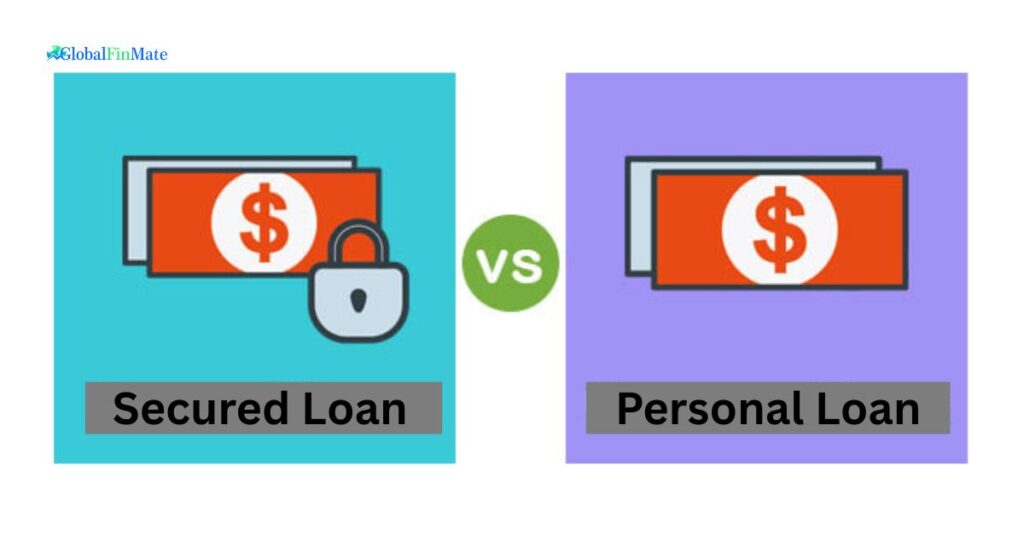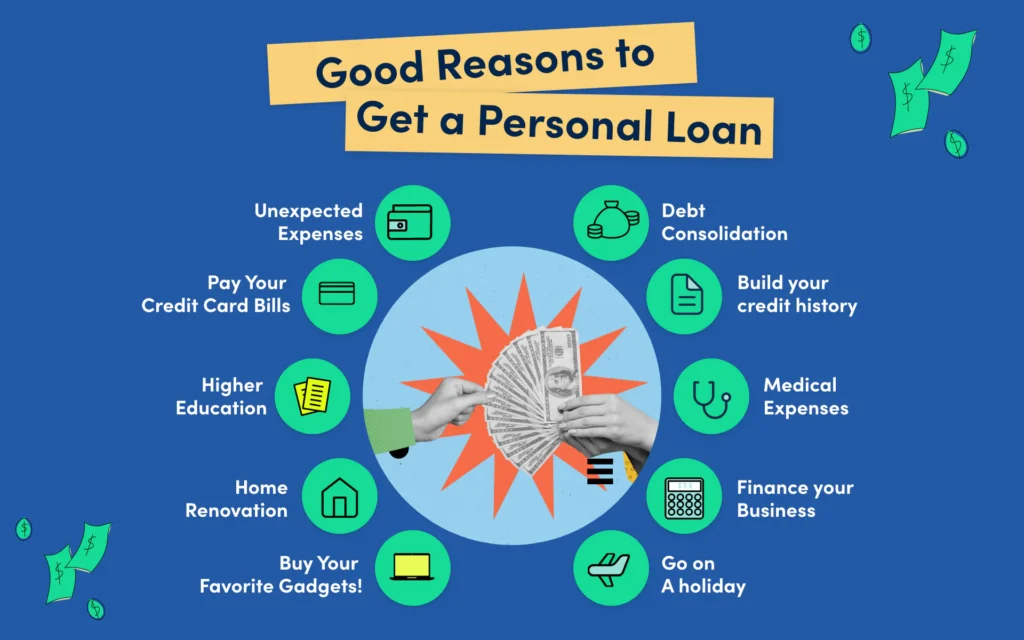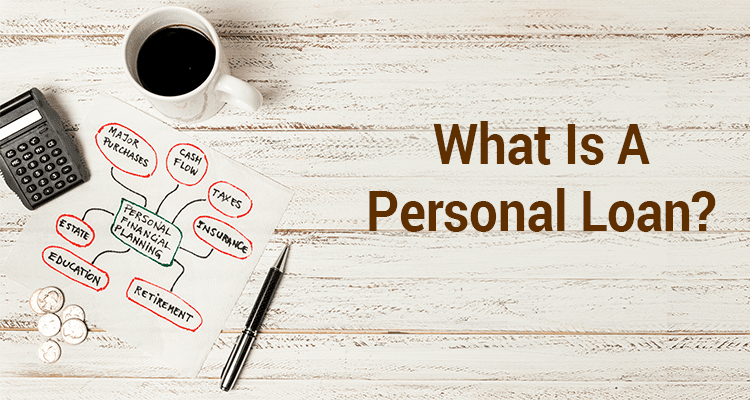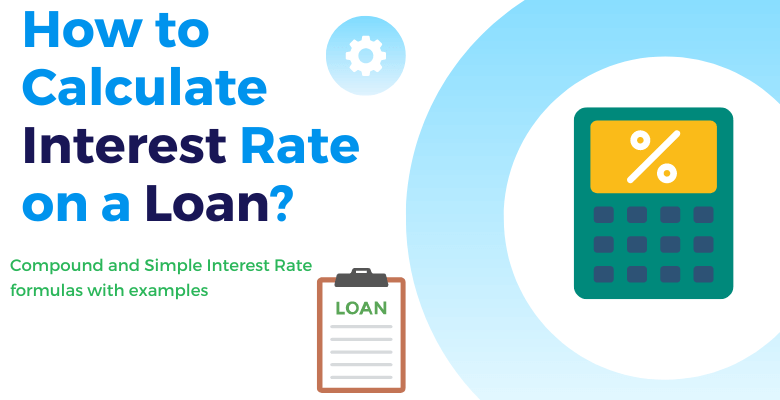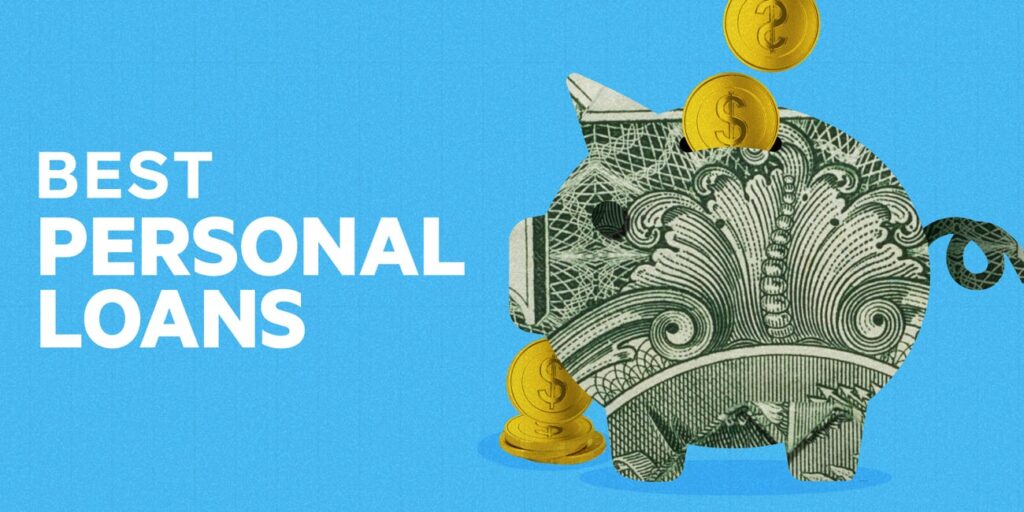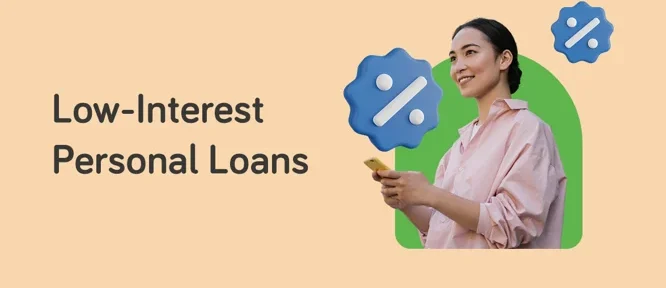Personal Loan vs Secured Loans: Best Guide
In today’s fast-moving world, financial needs arise when we least expect them. Whether it’s paying for a wedding, covering medical emergencies, buying a house, or expanding a business, loans often become the go-to solution for individuals and families. However, choosing the right type of loan can be tricky. One of the most common debates is Personal Loan vs Secured Loans.
Should you go for a quick, collateral-free personal loan, or opt for a secured loan that offers lower interest but requires you to pledge assets? The answer depends on your financial situation, goals, and risk appetite.
In this detailed guide, we’ll break down everything you need to know — from definitions to pros and cons, comparison charts, real-life scenarios, and expert tips — so you can make an informed borrowing decision.
What is a Personal Loan?
A personal loan is an unsecured loan, meaning you don’t need to pledge any asset. Approval depends mainly on credit score, income, and repayment history.
Key highlights of personal loans:
- Loan amounts usually range from $1,000 to $50,000.
- Repayment tenure is typically 1 to 5 years.
- Interest rates are higher compared to secured loans.
- Can be used for any purpose — medical, wedding, travel, education, or debt consolidation.
What is a Secured Loan?
A secured loan is backed by collateral such as a house, car, savings account, or investments. The lender has the right to seize the collateral if repayment fails.
Key highlights of secured loans:
- Loan amounts can be much higher depending on the asset pledged.
- Repayment tenures can extend up to 20–30 years for mortgages.
- Interest rates are lower due to reduced risk for lenders.
- Common examples: mortgage loans, car loans, home equity loans, business loans, and secured credit lines.
Personal Loan vs Secured Loans – Core Differences
Here’s a quick overview of how these two loan types differ:
| Feature | Personal Loan | Secured Loan |
|---|---|---|
| Collateral Required | No | Yes |
| Loan Amount Range | $1,000 – $50,000 | Depends on asset (can exceed $500,000 for mortgages) |
| Interest Rates | 6% – 24% (varies by credit profile) | 3% – 12% (typically lower) |
| Repayment Tenure | 1 – 5 years | 1 – 30 years |
| Approval Speed | Fast (1–3 days) | Slower (may take weeks) |
| Documentation | Minimal | Extensive (property papers, asset valuation, etc.) |
| Usage | Flexible | Often purpose-specific |
| Risk | Higher for lender | Higher for borrower |
Pros and Cons of Personal Loans
| Pros | Cons |
|---|---|
| No collateral needed | Higher interest rates |
| Fast approval & quick disbursal | Lower loan limits |
| Flexible usage | Dependent on strong credit score |
| Minimal paperwork | Shorter repayment periods |
| Suitable for emergencies | High default penalties |
Pros and Cons of Secured Loans
| Pros | Cons |
|---|---|
| Lower interest rates | Risk of losing collateral |
| Higher loan amounts | Longer approval process |
| Longer repayment tenure | Heavy documentation |
| Easier approval even with weaker credit | Restricted usage (for mortgages, auto loans, etc.) |
| Lower monthly EMIs possible | Prepayment/foreclosure charges may apply |
When Should You Choose a Personal Loan?
A personal loan is the right choice in several situations where speed, flexibility, and convenience matter more than low interest rates. For example, during a medical emergency, a personal loan is extremely useful because it offers fast approval and quick disbursal, ensuring funds are available when you need them most. If you’re dealing with small to medium-sized expenses, such as home repairs, gadgets, or short-term projects, a personal loan works well since you don’t have to pledge any collateral.
Personal loans also make sense for lifestyle expenses like weddings, vacations, or other personal goals. Their flexibility of usage allows you to use the money however you choose, without restrictions. Another common reason people opt for personal loans is debt consolidation. By combining multiple high-interest debts into one personal loan, you can simplify repayment and often reduce the overall cost.
Finally, if you have a strong credit score, personal loans are easier to get approved for, and you may qualify for better interest rates and favorable terms, making them a smart choice for borrowers with good financial discipline.
When Should You Choose a Secured Loan?
A secured loan is the better option when you’re dealing with larger financial commitments. For example, if you’re buying a house, a mortgage loan is ideal because it offers a long repayment tenure and comparatively low interest rates. Similarly, if you’re planning to purchase a car, an auto loan provides structured repayment options tailored to your need.
Secured loans are also suitable for entrepreneurs or business owners looking to expand operations, as pledging property can help secure a much larger loan amount. Students and families often turn to secured loans for funding education abroad, since collateral-backed financing can cover substantial costs. Moreover, if your credit score is not strong enough for an unsecured loan, lenders are more likely to approve a secured loan if you pledge a valuable asset.
Factors to Consider Before Choosing
When deciding between a personal loan and a secured loan, you need to assess several factors.
First, evaluate your repayment capacity. Personal loans generally come with higher EMIs due to shorter tenure, while secured loans spread repayment over a longer period, making monthly installments smaller. Next, think about your risk appetite. With personal loans, you don’t risk losing assets, but with secured loans, defaulting could mean losing your home, car, or other collateral.
Your loan purpose also plays an important role. Personal loans are flexible and can be used for almost anything, while secured loans are often tied to specific purposes such as mortgages or auto financing. Consider your credit score too — if you have a strong score, personal loans may be easier to access. But if your score is weaker, offering collateral can help you qualify for a secured loan. Lastly, consider urgency. Personal loans are best for emergencies since approval is quick, while secured loans take longer due to documentation and valuation.
Expert Tips to Get the Best Loan Deal
No matter which loan type you choose, a few strategies can help you secure the best deal. Start by improving your credit score. A higher score increases your chances of approval and helps you qualify for better interest rates.
Always compare offers from multiple lenders rather than accepting the first option. Interest rates, processing fees, and repayment terms can vary widely, so shopping around ensures you get the most favorable deal. If you have a good income profile or strong collateral, don’t hesitate to negotiate terms with the lender.
Another important step is to check for hidden charges. Processing fees, foreclosure penalties, or late payment charges can add up significantly if overlooked. Finally, make use of online EMI calculators to understand your repayment obligations before signing any agreement. This simple step ensures that you borrow an amount you can comfortably repay without financial strain.
Conclusion
The debate of Personal Loan vs Secured Loans is all about balancing speed, risk, and cost.
- Personal loans are ideal for emergencies, smaller expenses, and situations where you don’t want to risk assets.
- Secured loans are better for bigger financial goals like buying property or starting a business, offering lower rates and higher amounts.
The best loan depends on your purpose, financial stability, and risk tolerance. Compare lenders, understand terms, and make a smart borrowing decision.

